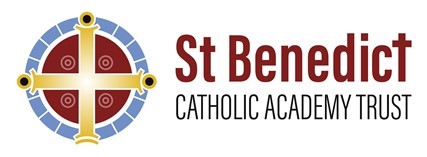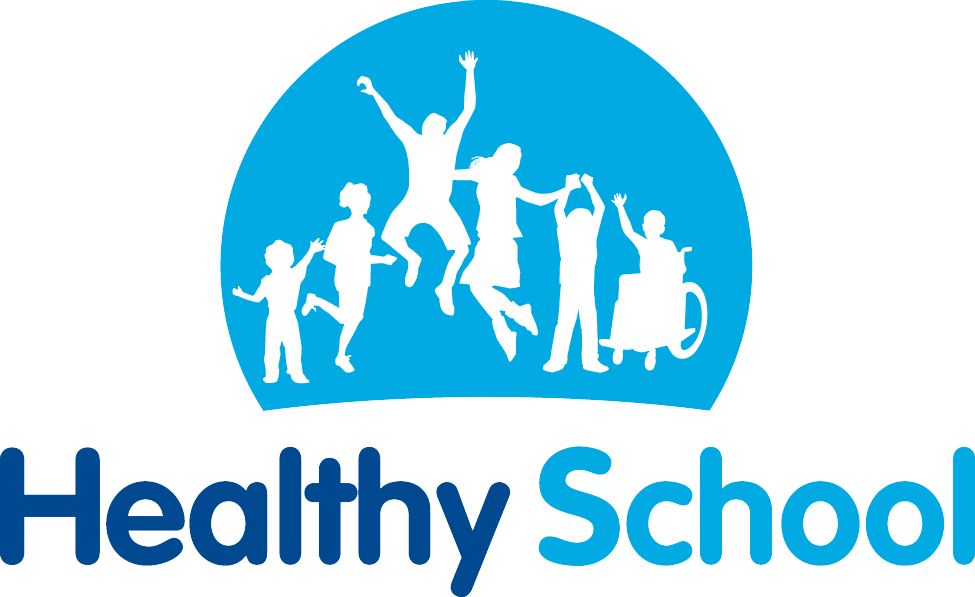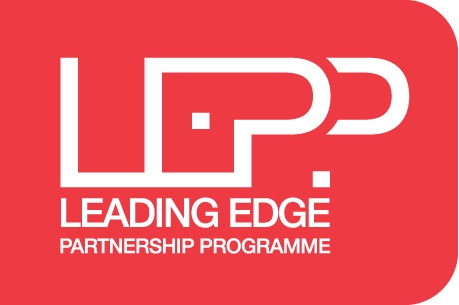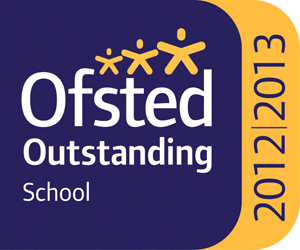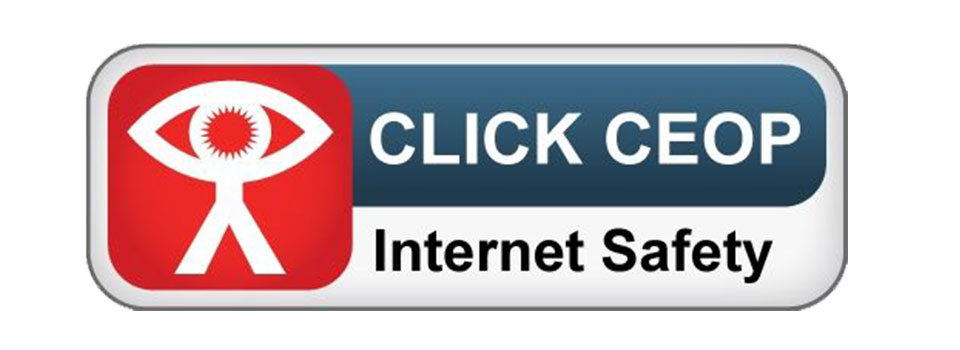What do we do?
In "More Able"
Within lessons, teachers use a variety of methods to cater for all abilities.
Differentiation by task: Activities in lessons are usually presented at a number of different levels, ranging from relatively simple identification or ‘knowing’ to being able to apply or create something new.
Grouping Students by ability: in some subjects students are in ability groups and in most lessons, students are paired or grouped by ability – and these groupings may change depending on the activity.
Questioning: Teachers question throughout lessons to assess what students have learned. The types of questions asked are important way of deepening students thinking and challenging them to develop their ideas.
Assessments: assessment tasks are designed to ensure that our students are being prepared to develop the skills that they will need to achieve the highest grades at GCSE and beyond.
Challenge: Our teachers are encouraged to plan for the top end of the ability range within their classes and then build in support for the less able. Within this, we also believe that there needs to be something more for the students to be able to aspire to – something they hadn’t thought about, still can’t do or haven’t tried.
Curriculum: Subject teachers and departments regularly review the curriculum and their schemes of work to ensure that they are challenging enough to allow our students to deepen their knowledge and develop the skills of evaluation, synthesis and analysis that they will need for A* at both GCSE and A level, as well as for university.
Extra curricular activities:
All departments provide a range of extra-curricular activities for gifted and talented students within their subjects, from contributing articles to The Link, BBC News report, visits to the Theatre and Art Galleries, involvement in projects with the Science Museum and the Globe Theatre, advanced mathematics with K+ at Kings College.
These activities will have been promoted to your child through lessons and form times as well as the college website.



